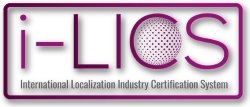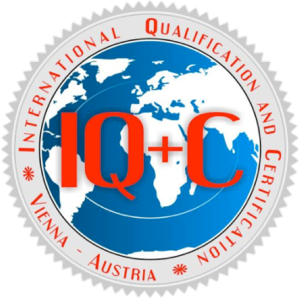
Exploring the ISO
20771 Standard: Enhancing Legal Translation Services
Introduction
In the globalized world of law and business, the need for precise and reliable legal translation services is more critical than ever. ISO 20771, titled “Legal translation services — Requirements for translation services,” offers a robust framework designed to uphold high standards in the translation of legal documents. This article delves into the ISO 20771 standard, discussing its components, challenges, and the opportunities it presents.
Understanding the
ISO 20771 Standard
ISO 20771 is a dedicated standard for legal translation services that was established to ensure accuracy, confidentiality, and professionalism in translating legal documents. The standard is applicable to freelance translators as well as translation service providers who handle legal documents such as contracts, court documents, patents, and corporate statutes. Its primary aim is to set forth the requirements that ensure legal translations are both accurate and suitable for their intended purpose.
Key Components of
ISO 20771
The ISO 20771 standard
is structured around several key components that collectively ensure the
effectiveness and reliability of legal translation services:
- Competence: Legal translators must demonstrate a
high level of linguistic and legal competence. They are required to
understand legal terminology and concepts in both the source and target
languages.
- Confidentiality: Due to the sensitive nature of legal
documents, the standard emphasizes strict confidentiality measures to
protect client data and information throughout the translation process.
- Quality Management: ISO 20771 mandates a systematic approach
to managing translation quality. This includes thorough checks and
revisions by qualified personnel to minimize errors.
- Transparency and Contractual Matters: Clear agreements concerning the
translation services, including delivery terms, fees, and handling of
sensitive information, are required to ensure mutual understanding and
agreement between clients and service providers.
- Continual Improvement: The standard encourages regular feedback and process reviews to foster continual improvement in legal translation services.
Challenges and Opportunities Challenges
- Maintaining Competence: Ensuring continuous professional
development and up-to-date legal knowledge in multiple jurisdictions can
be challenging for translators.
- Adapting to Legal Variabilities:
Differences in legal systems and terminologies across countries require
translators to be exceptionally knowledgeable and adaptable.
- Cost Implications: Implementing and maintaining the standards set by ISO 20771 can lead to increased operational costs for service providers.
Opportunities
- Enhanced Credibility and Trust:
Adhering to ISO 20771 can significantly enhance the credibility of a
translation service provider, building trust among clients and expanding
their customer base.
- Market Differentiation: Compliance
with the standard provides a competitive edge in a market that values
accuracy and reliability in legal document translation.
- Global Expansion: The international
recognition of ISO 20771 can help service providers reach new markets and
cater to multinational clients.
Conclusion
ISO 20771 presents a comprehensive
framework for legal translation services, aiming to standardize the quality and
reliability of translations in the legal domain. While there are challenges in
maintaining the high standards required, the opportunities it creates for legal
translators and service providers are significant. By adhering to ISO 20771,
service providers not only enhance their service quality but also reinforce
their market position both locally and globally. For clients, it offers the
peace of mind that their legal documents are handled with the utmost precision
and professionalism.

